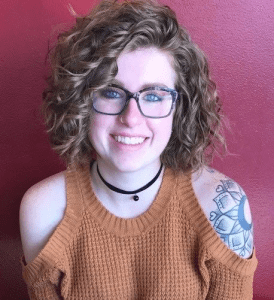What Good Test Takers Do
One of the most worrisome parts of taking a class is getting through exams with a good grade. But no need to fear! Here are 7 great tips to being a better test taker.
Test day is not the day to arrive to class right as it start.
Get to class a bit earlier to give yourself time to look over last minute material or sit and relax to calm your nerves. Sometimes professors will ask for any last minute questions before class starts or even give you hints!
Do a memory dump
Right when you get the test, write down important things you know you need to remember like equations, a chart, an important acronym, or anything else you remember now but might forget as you work through the test.
Your gut answer is usually right
Take time to analyze the question, but your first instinct to the answer is probably correct. When you review your answers at the end (which you should leave time for) use that time to be sure you answered everything and double check the questions you struggled with. Do not use that time to go through and change a lot of answers.
Circle the answer on the actual exam along with the bubble on the scantron
One of the most common problems with multiple choice exams is accidentally skipping a question and getting off on your numbers. A great way to help with this is to circle your answers on the actual exam, if the professor allows you to write on it, and then fill in the bubble on the scantron. That way if you get off you do not have to try to work through every question all over again!
Watch your time, and come back if need be
Watch the clock throughout the exam and have an idea of how far you should be at a certain time. If one question is really stumping you, circle the number and come back to it later. Better to have guessed on one answer than have to guess on five at the end because you didn’t have enough time.
You don’t have to complete the exam in order
If you know how to do a particular kind of problem, go to that place and get it done right away. If you are worried you won’t have time to complete the essays with the quality you would like, do them first and come back to multiple choice afterwards. The exam is yours to conquer however you choose.
Keep a positive attitude!
Do not doubt yourself halfway through! Don’t let difficult questions discourage you or get you frustrated. Tell yourself you can do it and complain about the hard ones to your friends once the test is over. You got this!
Author: Stephanie is a junior majoring in Psychology with an emphasis in Mental Health. After graduation in May 2019, she plans on attending graduate school to study School Psychology.


